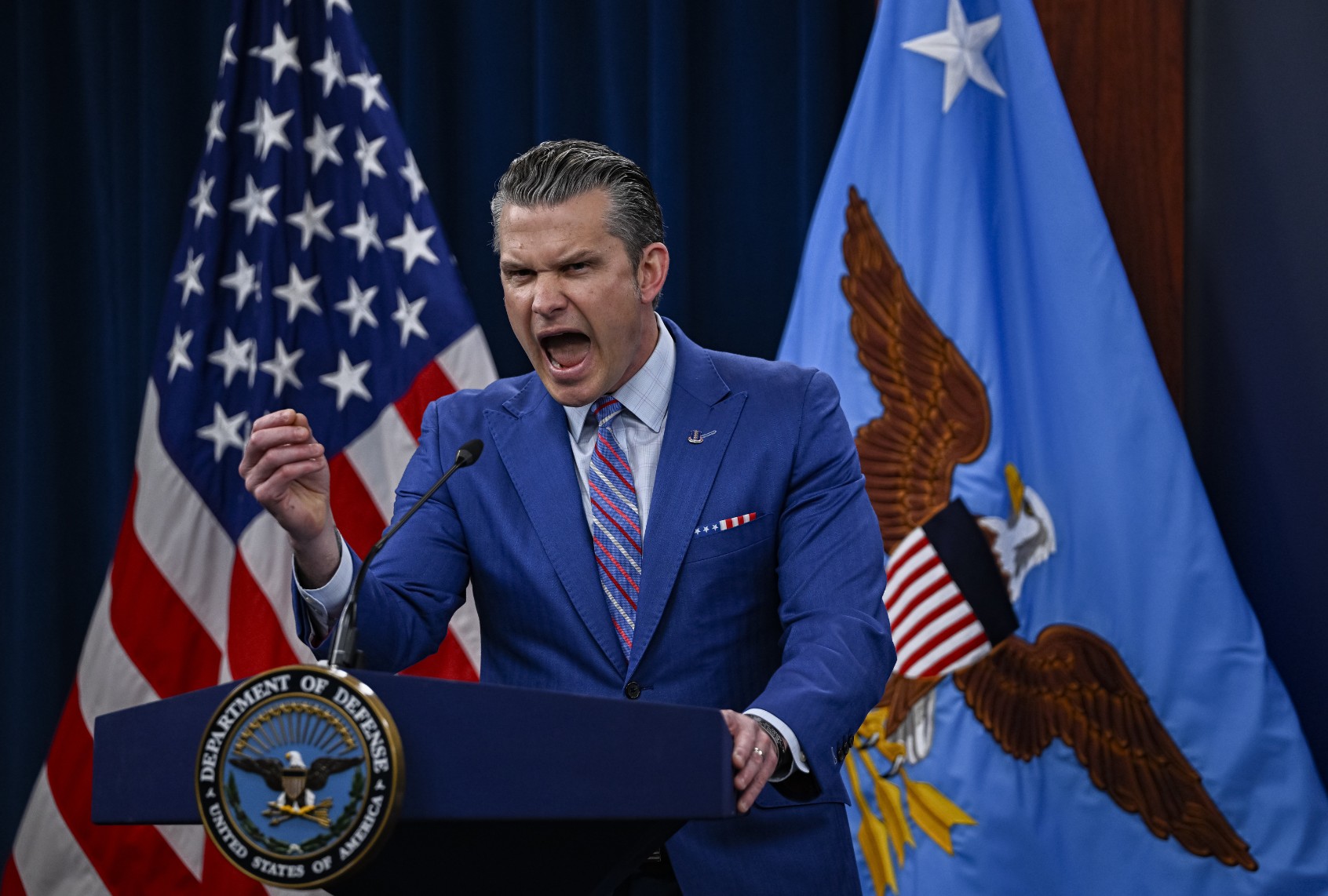In a recent examination of political ideologies, prominent intellectual Mark Lilla contends that the current political climate in the United States, often associated with former President Donald Trump, does not fit the definitions of either conservatism or fascism. Lilla, a humanities professor at Columbia University and a contributor to the New York Review of Books, argues that what he terms “Trumpism” arises from deeper, more primal human instincts rather than traditional political frameworks.
Lilla’s Perspective on Trumpism
Lilla has made headlines with his assertion that “the MAGA right is fed not by conservative ideas but by chthonic forces in human nature.” This metaphor, while evocative, raises questions about its practical application in political discourse. By distancing Trumpism from conservatism, Lilla suggests that current political dynamics are not merely a continuation of historical ideologies but rather a unique manifestation of human behavior.
In a separate interview, Lilla emphasizes that the phenomena observed today “has nothing really to do with conservatism.” His reluctance to label Trumpism as fascist stems from his concern about “vilification inflation,” a term he uses to describe the overuse of politically charged terminology that leads to automatic moral judgments. Lilla cautions against applying the label of fascism too broadly, suggesting it should be reserved for specific European movements from the early 20th century.
Defining Fascism and Its Characteristics
Lilla’s reluctance to categorize Trumpism as fascist prompts a deeper analysis of the elements commonly associated with fascist regimes. A critical examination reveals several characteristics typically found in fascist systems, including:
- National renewal: A desire to rejuvenate the nation from perceived moral decay.
- Nationalism and xenophobia: A tendency to proclaim national superiority while expressing animosity towards foreigners.
- Militarism: An emphasis on military strength and a culture of violence.
- Cult of the leader: The belief in the infallibility of a singular leader.
- Anti-intellectualism: A disdain for academia and scientific reasoning.
- Misogyny and hatred of minorities: The marginalization of women and minority groups as a means to consolidate power.
- Cultural pessimism: A nostalgic longing for a perceived better past while rejecting modern pluralism.
- Economic nationalism: Preference for protectionist policies that isolate the nation economically.
- Hostility to democracy: A diminishing role for legislative bodies in favor of executive power.
- Nihilism: A disregard for enduring principles or values, leading to societal chaos.
This list aligns with characteristics outlined by intellectuals like Umberto Eco, who emphasizes the adaptability of fascism over time. The challenge remains for scholars and political analysts to determine whether contemporary political movements resonate with these historical frameworks.
As Lilla’s article surfaced alongside reports of young Republican groups expressing admiration for fascist figures, the relevance of these discussions has intensified. Such incidents highlight the potential for extremist ideologies to permeate mainstream political discourse, challenging the integrity of traditional conservatism.
While Lilla correctly identifies that conservatism is not a static ideology, his assertion that Trumpism is not conservatism raises questions. Many supporters of Trump identify themselves as conservatives, suggesting that Trumpism may indeed reflect a mutation of conservative principles rather than a complete departure from them.
Throughout his analysis, Lilla navigates the complex evolution of American conservatism, tracing its trajectory from the Reagan era to the present. He notes the increasing radicalization within the Republican Party, particularly after significant political events such as the Watergate scandal and the election of Barack Obama.
The transformation of conservatism, Lilla argues, has led to factions within the party competing to assert their ideological purity, often at the expense of moderation. This ongoing competition contributes to a political environment increasingly characterized by extremism and reactionary sentiments.
Despite Lilla’s insights, he faces criticism for his apparent reluctance to confront the moral implications of the political landscape. Critics argue that a failure to address the broader societal acceptance of extremist views undermines the seriousness of the discussion surrounding Trumpism and fascism.
The ongoing debate reflects not only a struggle over definitions but also a deeper inquiry into the values and beliefs that shape American political identity. As the conversation evolves, it remains essential to scrutinize the implications of these ideologies on the future of democracy and governance in the United States.
The insights provided by Lilla and other intellectuals serve as a crucial reminder of the need for rigorous examination and moral clarity in political discourse. As the political landscape continues to shift, the responsibility lies with both scholars and citizens alike to engage in meaningful dialogue about the ideological forces at play.






































































